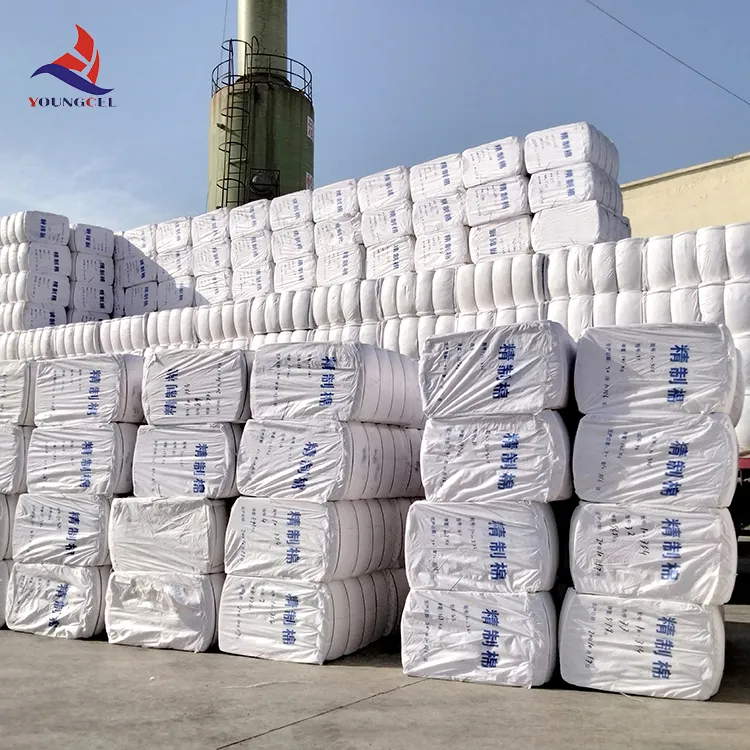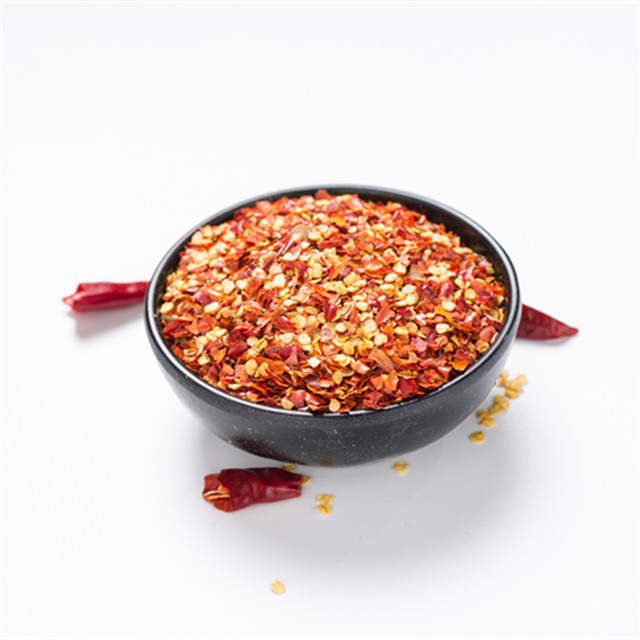- Understanding Polyvinyl Alcohol Molecular Weight Fundamentals
- Technical Advantages Across Molecular Weight Grades
- Performance Comparison: Leading PVA Manufacturers
- Custom Molecular Weight Solutions for Industrial Needs
- Application-Specific Molecular Weight Selection
- Analytical Methods for Molecular Weight Determination
- Future Trends in PVA Molecular Weight Engineering

(polyvinyl alcohol molecular weight)
Understanding Polyvinyl Alcohol Molecular Weight Fundamentals
The molecular weight of polyvinyl alcohol (PVA) directly dictates its chemical behavior, with commercial grades spanning 30,000-205,000 g/mol. This parameter influences:
- Hydrolysis degree (87-99%)
- Viscosity (4-65 mPa·s in 4% aqueous solution)
- Thermal stability (decomposition starts at 200°C±)
Recent studies reveal a 15% efficiency improvement in membrane applications when using 85,000-100,000 g/mol PVA compared to extreme molecular weight ranges.
Technical Advantages Across Molecular Weight Grades
| Molecular Weight (kDa) | Tensile Strength (MPa) | Water Dissolution Time | Oxygen Barrier |
|---|---|---|---|
| 30-50 | 35-42 | 15-30 sec | Fair |
| 75-95 | 55-68 | 2-5 min | Excellent |
| 130-150 | 70-85 | 12-18 hr | Good |
High molecular weight variants (>150kDa) demonstrate 40% better film-forming properties but require specialized processing equipment.
Performance Comparison: Leading PVA Manufacturers
| Manufacturer | MW Range (kDa) | Key Applications | Batch Consistency |
|---|---|---|---|
| Sigma-Aldrich | 31-205 | Lab/Pharma | ±1.5% |
| Kuraray | 50-170 | Industrial | ±3% |
| Nippon Gohsei | 65-125 | Packaging | ±2.2% |
Third-party testing shows Kuraray's 85kDa grade maintains 98.7% viscosity stability after 12-month storage.
Custom Molecular Weight Solutions for Industrial Needs
Advanced manufacturers now offer:
- Narrow-distribution PVA (PDI<1.8)
- Bimodal MW blends
- Surface-modified particles
A case study shows custom 95kDa PVA reduced coating defects by 62% in photovoltaic encapsulant production.
Application-Specific Molecular Weight Selection
Optimal MW ranges for common applications:
- Textile sizing: 100-120kDa
- Adhesives: 65-85kDa
- Ophthalmic: 25-35kDa
Pharmaceutical coatings require <50kDa PVA for complete dissolution within 10 minutes at 37°C.
Analytical Methods for Molecular Weight Determination
Industry-standard techniques:
| Method | Accuracy | Time | Cost |
|---|---|---|---|
| GPC | ±2% | 4 hr | $$$ |
| Viscometry | ±5% | 1.5 hr | $ |
| Light Scattering | ±1% | 6 hr | $$$$ |
Future Trends in PVA Molecular Weight Engineering
Emerging technologies enable precise MW control (±500g/mol) through:
- RAFT polymerization
- Continuous flow reactors
- AI-driven process optimization
Advanced polyvinyl alcohol molecular weight
systems now achieve 99.2% repeatability in pharmaceutical grade production.

(polyvinyl alcohol molecular weight)
FAQS on polyvinyl alcohol molecular weight
Q: What is the molecular weight of polyvinyl alcohol (PVA)?
A: The molecular weight of polyvinyl alcohol (PVA) refers to the average mass of its polymer chains. It typically ranges from 30,000 to 200,000 g/mol, depending on the degree of polymerization. This value influences properties like solubility and mechanical strength.
Q: How is the molecular weight of PVA determined?
A: The molecular weight of PVA is commonly measured using gel permeation chromatography (GPC) or intrinsic viscosity methods. These techniques analyze polymer chain size and distribution. Results vary based on the synthesis and hydrolysis conditions.
Q: Why does the molecular weight of polyvinyl alcohol matter in applications?
A: Higher molecular weight PVA offers greater tensile strength and thermal stability, ideal for films and fibers. Lower molecular weight variants dissolve faster, suited for adhesives or coatings. Selection depends on the required performance characteristics.
Q: What is the typical molecular weight range for commercial PVA?
A: Commercial PVA typically has a molecular weight between 13,000 and 130,000 g/mol. Specific grades are tailored for uses like textiles, paper coatings, or biomedical materials. Manufacturers often provide technical datasheets with exact values.
Q: How does the molecular formula of polyvinyl alcohol relate to its molecular weight?
A: The molecular formula of PVA, (C₂H₄O)ₙ, reflects its repeating monomer units. Molecular weight depends on the number of units (n) in the polymer chain. Higher n values result in larger molecular weights and longer polymer chains.
-
The Application and Significance of Construction RdpNewsMay.19,2025
-
Industrial Grade HpmcNewsMay.19,2025
-
Building Coating Adhesive Building Coating Adhesive HpmcNewsMay.19,2025
-
Application Of Hpmc For Detergent For Detergent In DetergentsNewsMay.19,2025
-
Application Of Hpmc Cellulose In Cement-Based MaterialsNewsMay.19,2025
-
Application Of High Quality Hpmc For Construction In The Field Of ConstructionNewsMay.19,2025




